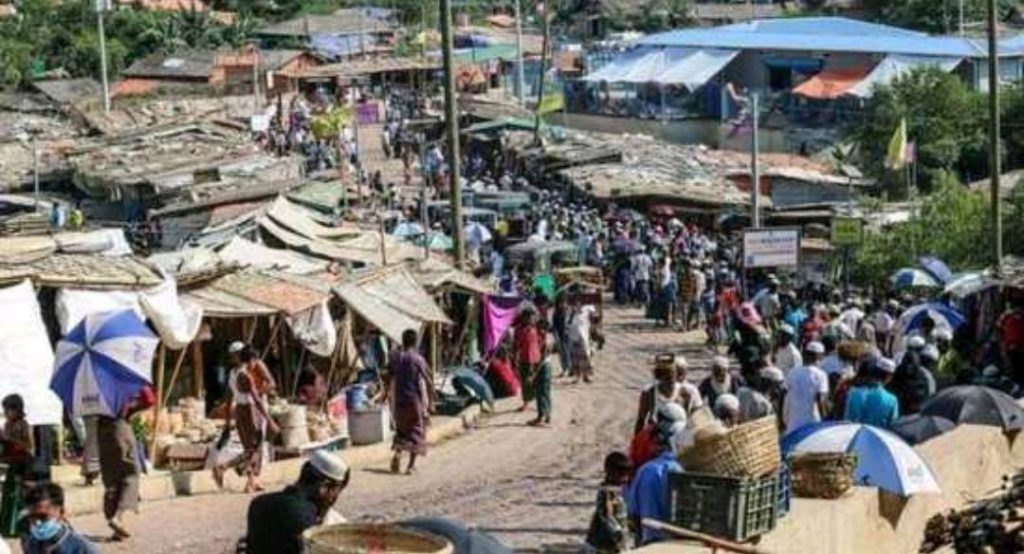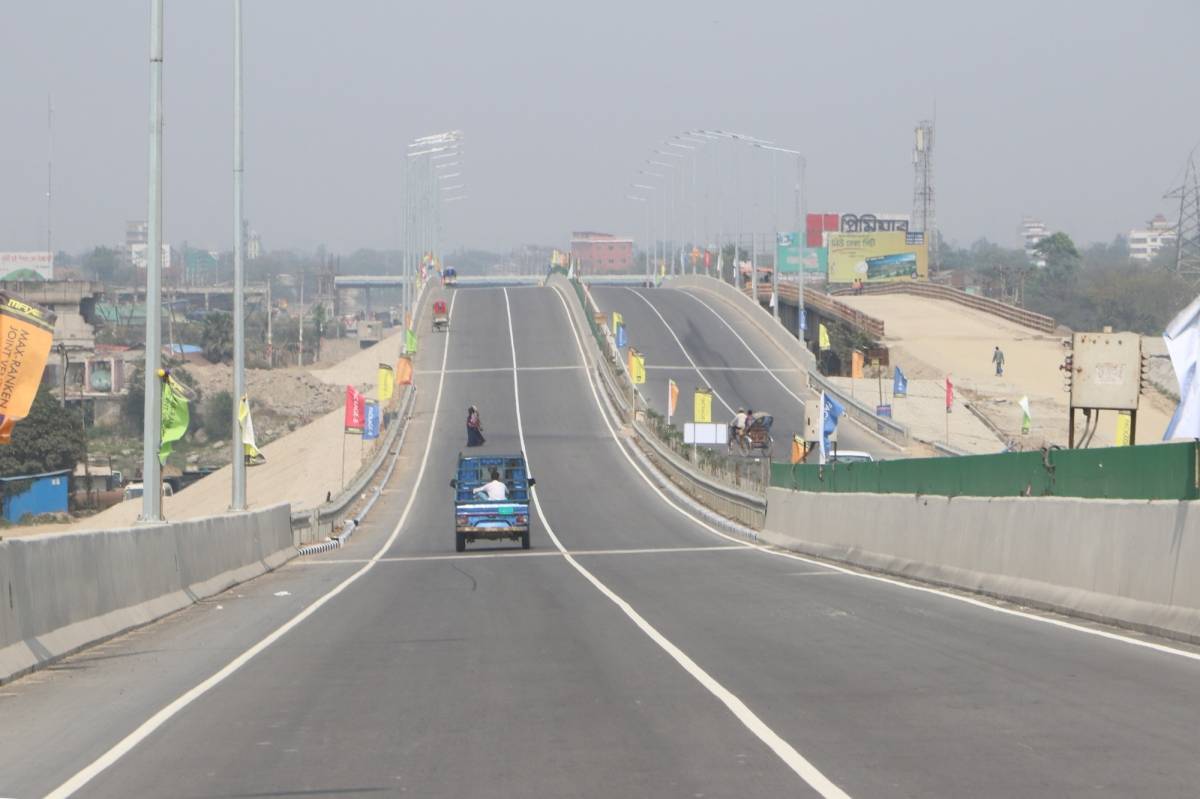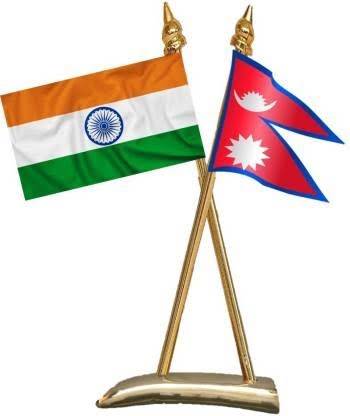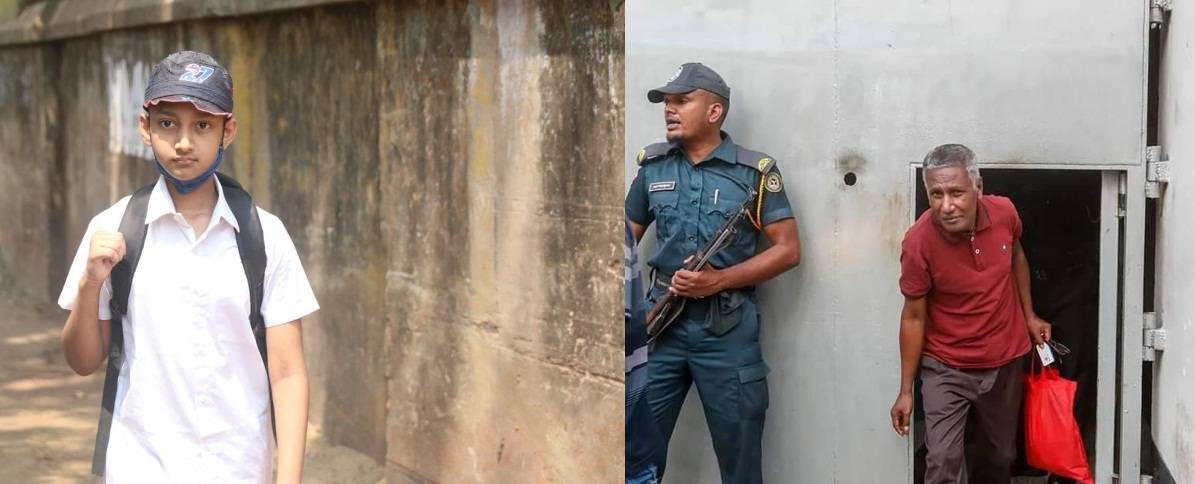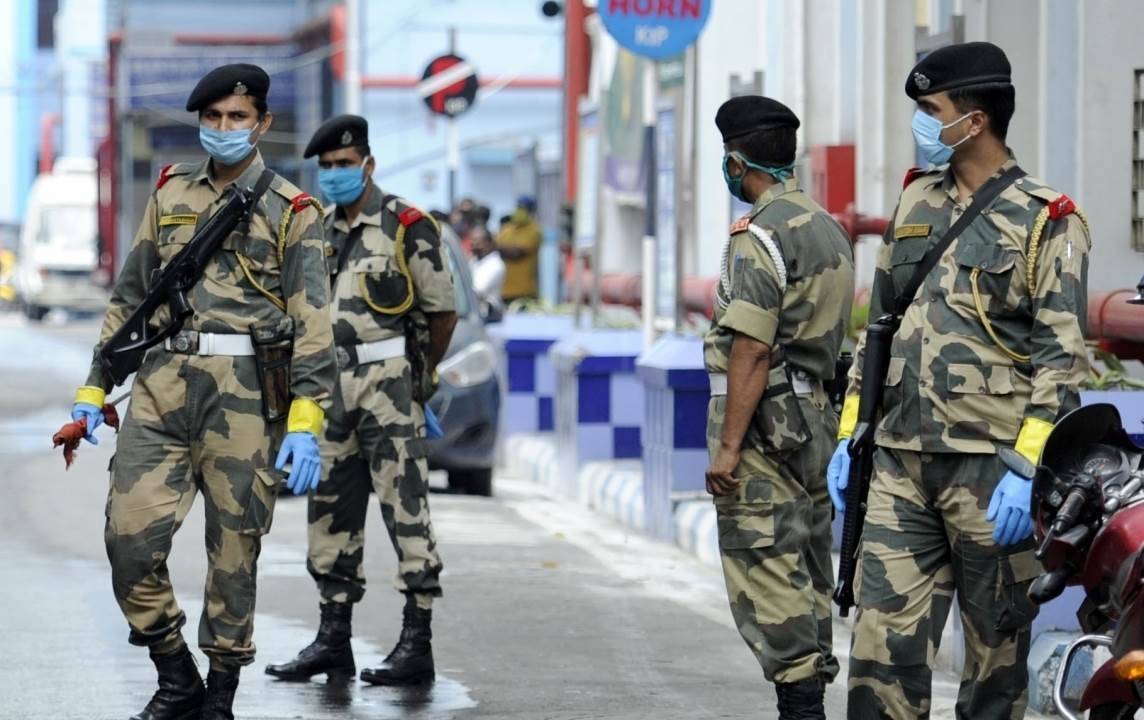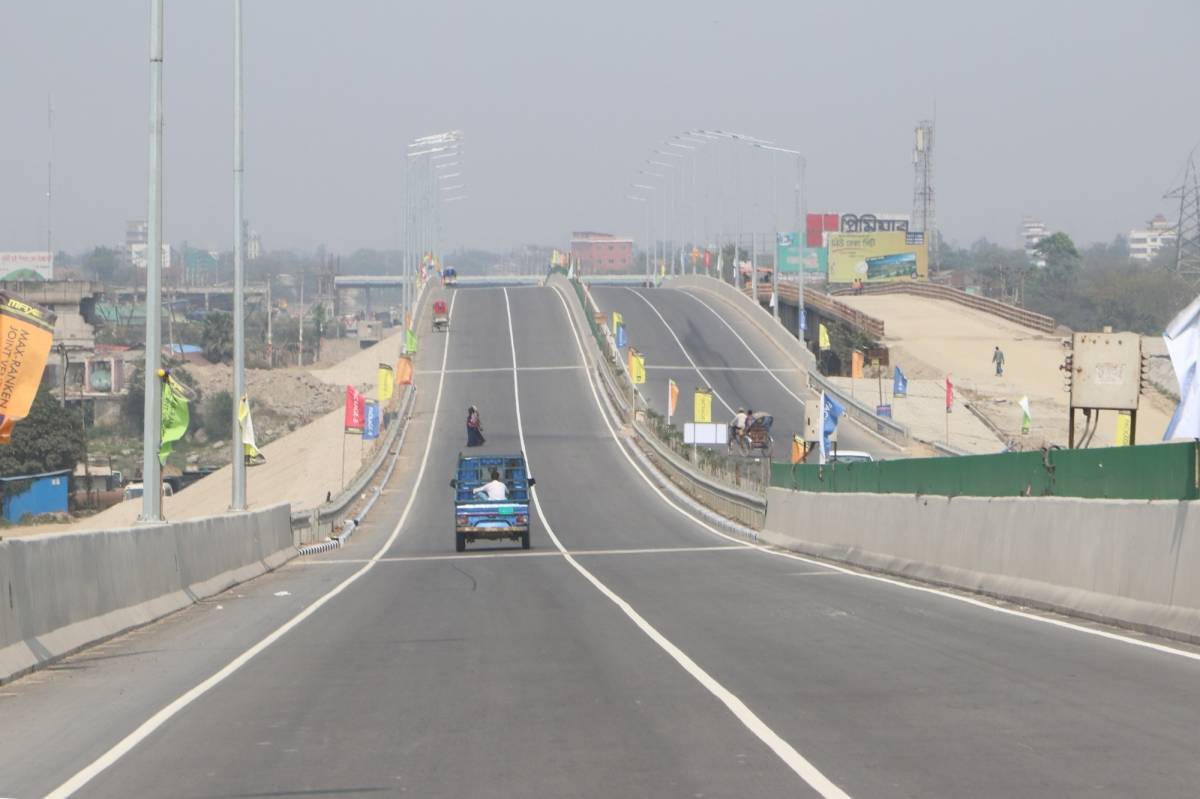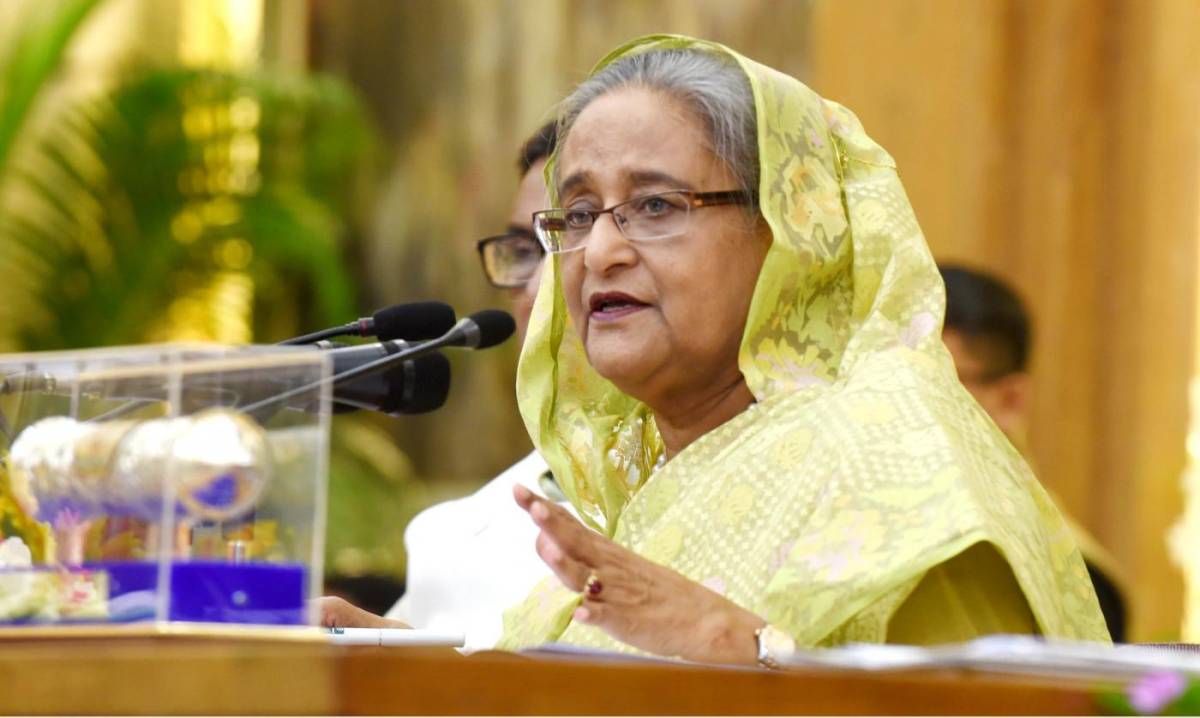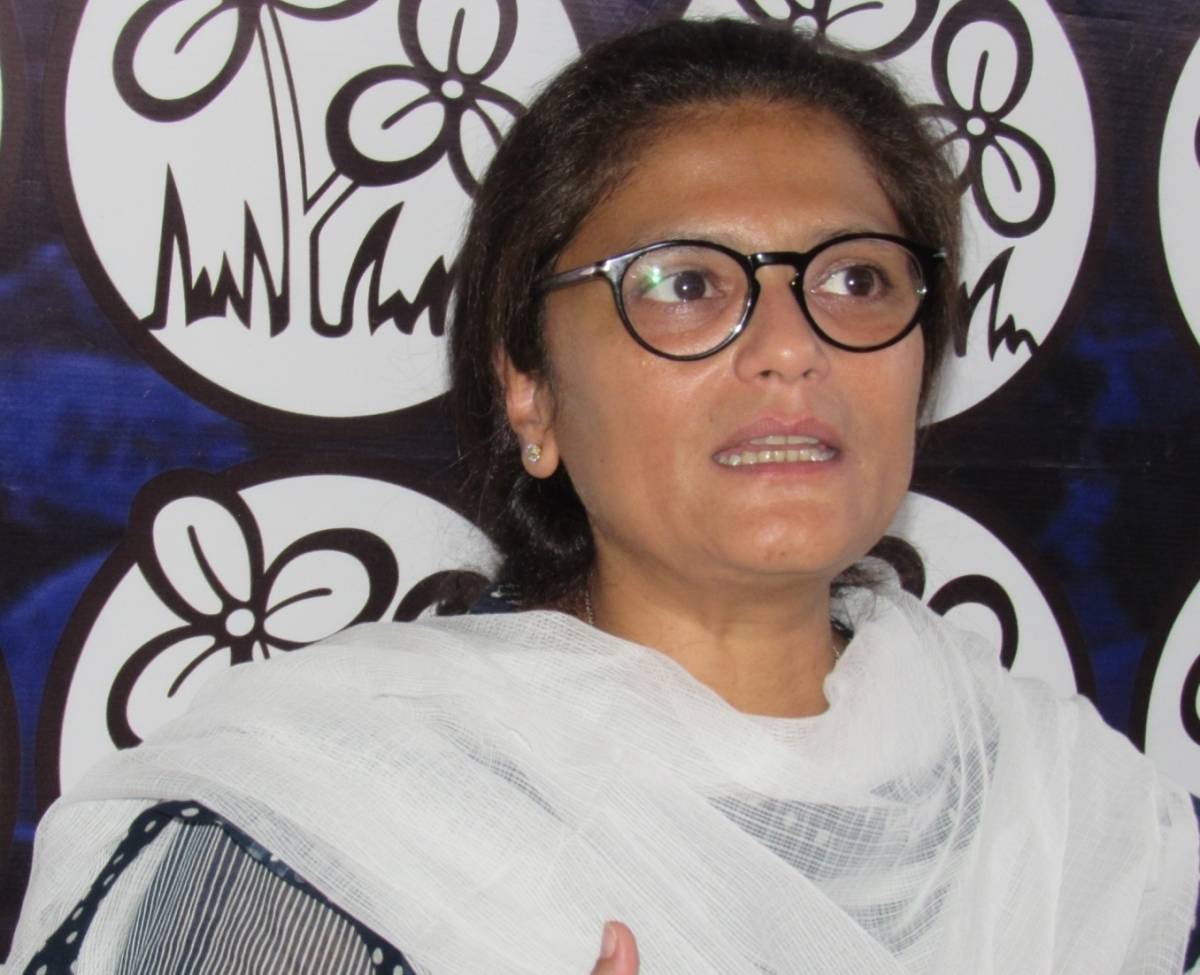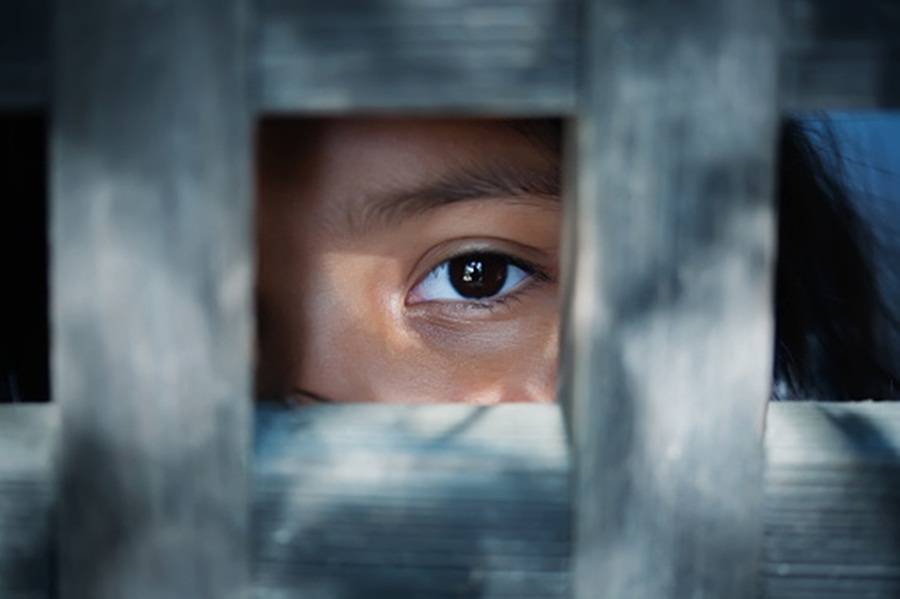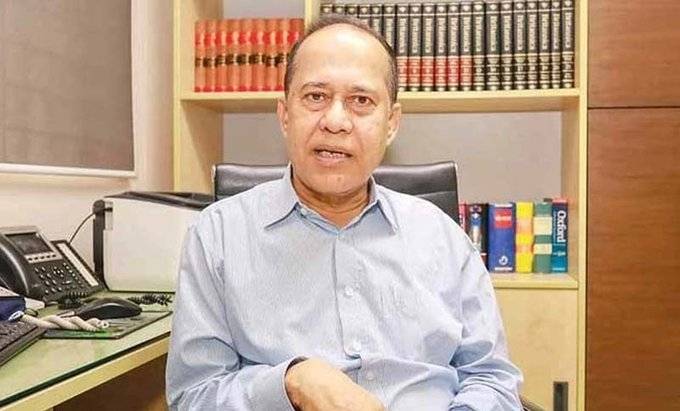Her government has long-term plans to make the future beautiful for the children…reports Asian Lite News
Bangladesh Prime Minister Sheikh Hasina on Thursday said it was really sad and painful for the nation that Father of the Nation Bangabandhu Sheikh Mujibur Rahman was assassinated, along with his family including his youngest son Russel, by some of the same Bengali people for whom he had risked his life, faced incarceration for years, and established the dignity of a nation for them.
In her remarks at a programme at the Bangabandhu Mausoleum Complex, Tungipara in Gopalganj, to mark the 102nd birth anniversary of the Bangabandhu and the National Children’s Day, she said that her government has long-term plans to make the future beautiful for the children, as no other children can lost their lives including parents like Russel, her innocent youngest brother, who was only 10 years old then.
The National Implementation Committee for Father of the Nation Bangabandhu Sheikh Mujibur Rahman’s Birth Centenary Celebration, in collaboration with the Women and Children Affairs Ministry, had arranged the programme, featuring a discussion and a cultural soiree.
The event began with the National Anthem followed by the theme song of “Mujib Borsha”. An audio-visual presentation titled “Tungipara: Hridoye Pitribhumi (Father’s Land in Heart)” was screened.
This year, the theme of national children’s day is “Bangabandhur Janmodiner Ongikar, Sokol Shishur Soman Odhikar (Equal Rights for all children, Commitment of Bangbandhu’s birthday)”.
Sheikh Hasina, also the eldest daughter of Bangabandhu, said though there had been a reign of killers, war criminals, Al-Badr and Razakars (collaborators of Pakistani forces) in the country after the assassination of her family members, she returned home to fulfil the dreams of her father.
“(I returned home) to ensure that the children would not live with the pain of losing family members like us, rather they would have a nice and improved life,” she said.
Noting that the Father of the Nation used to love children very much, the PM said her government in 1996 declared the 17th March as the children’s day.
“Bangabandhu used to like playing with children. When he was playing with children, he seemed like a child.
“But it is unfortunate that even children were not spared in 1975 carnage. Children and women had not been killed even during Karbala tragedy,” she said.
She said that following the footsteps of Bangabandhu, her government had taken various steps for the welfare of the children, including establishment of schools in every area and measures to protect them from social menaces like terrorism and militancy.
“Coming in power again through the 2008 election, we’ve done a lot further for the welfare of children,” said Sheikh Hasina, highlighting various measures and laws taken for the children during her regime.
Noting that Bangladesh today attained the status of a developing country, she said: “We’ll definitely make Bangladesh the developed and prosperous Sonar Bangla. It’s our commitment.”
In this context, she mentioned her government’s vision 2041 and Delta Plan-2100.
“I’ve prepared a plan over how this Bangladesh would develop till 2100.”
Sheikh Hasina reiterated that her government’s plans focus on making the future of children bright and decent.
ALSO READ: Hasina calls for more collaboration to ensure food security
“Our goal is that our children would remain safe and get a beautiful life.”
Bangabandhu’s grandsons – Sheikh Hasina’s son Sajeeb Wazed Joy and Sheikh Rehana’s son Radwan Mujib Siddiq were present, along with cabinet members, members of parliament and Awami League central leaders, Gopalganj Zila Parishad Chairman and AL’s district unit president Chowdhury Emdadul Huque.
Sheikh Hasina also inaugurated the six-day Mujib Borsha Folk Fair to be held at Government Sheikh Mujibur Rahman College premises in Tungipara from March 21-26.
She said Awami League and its associate bodies will arrange programmes in Tungipara on separate days from March 18 to 25 to mark the Mujib Year.
